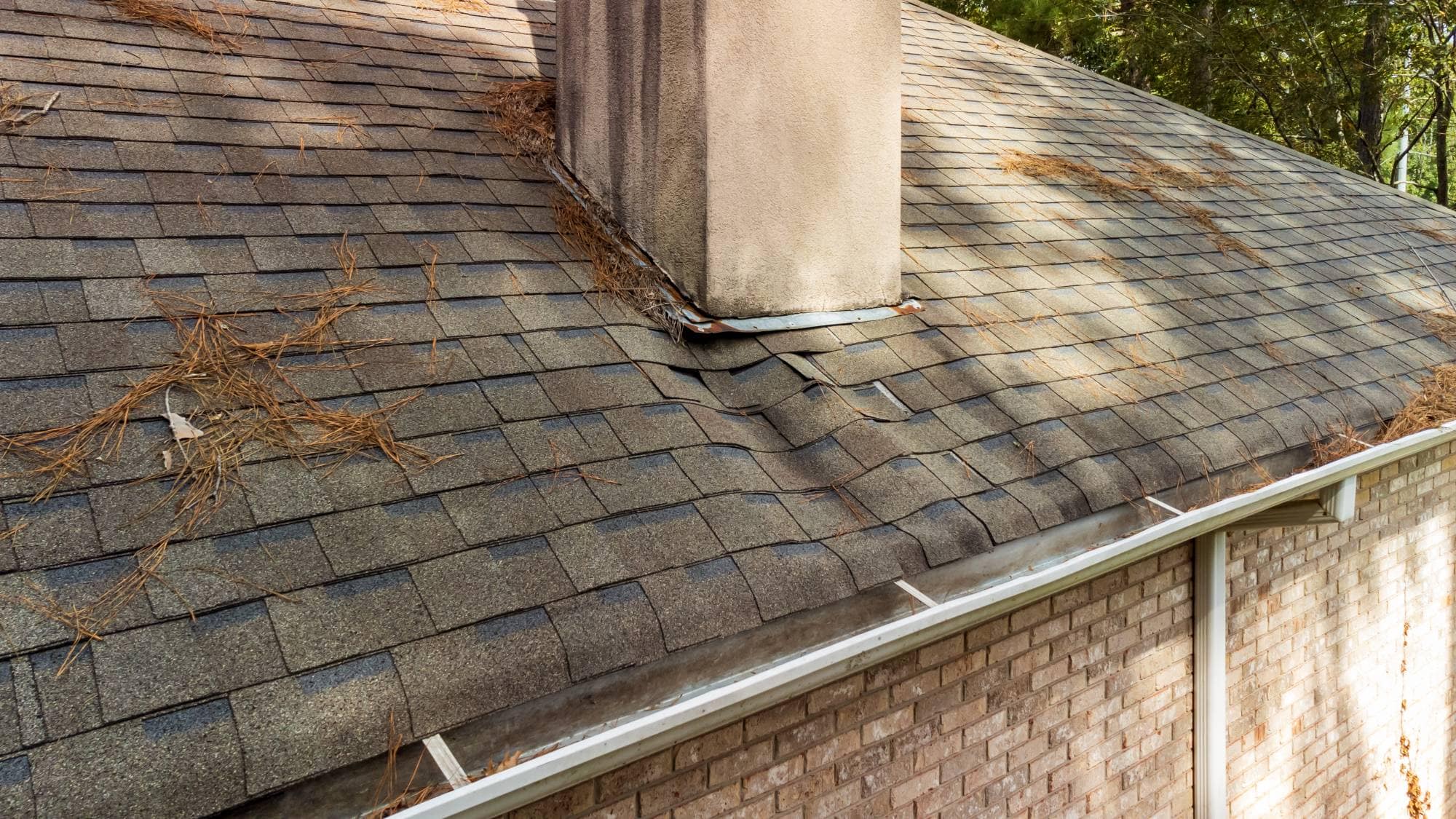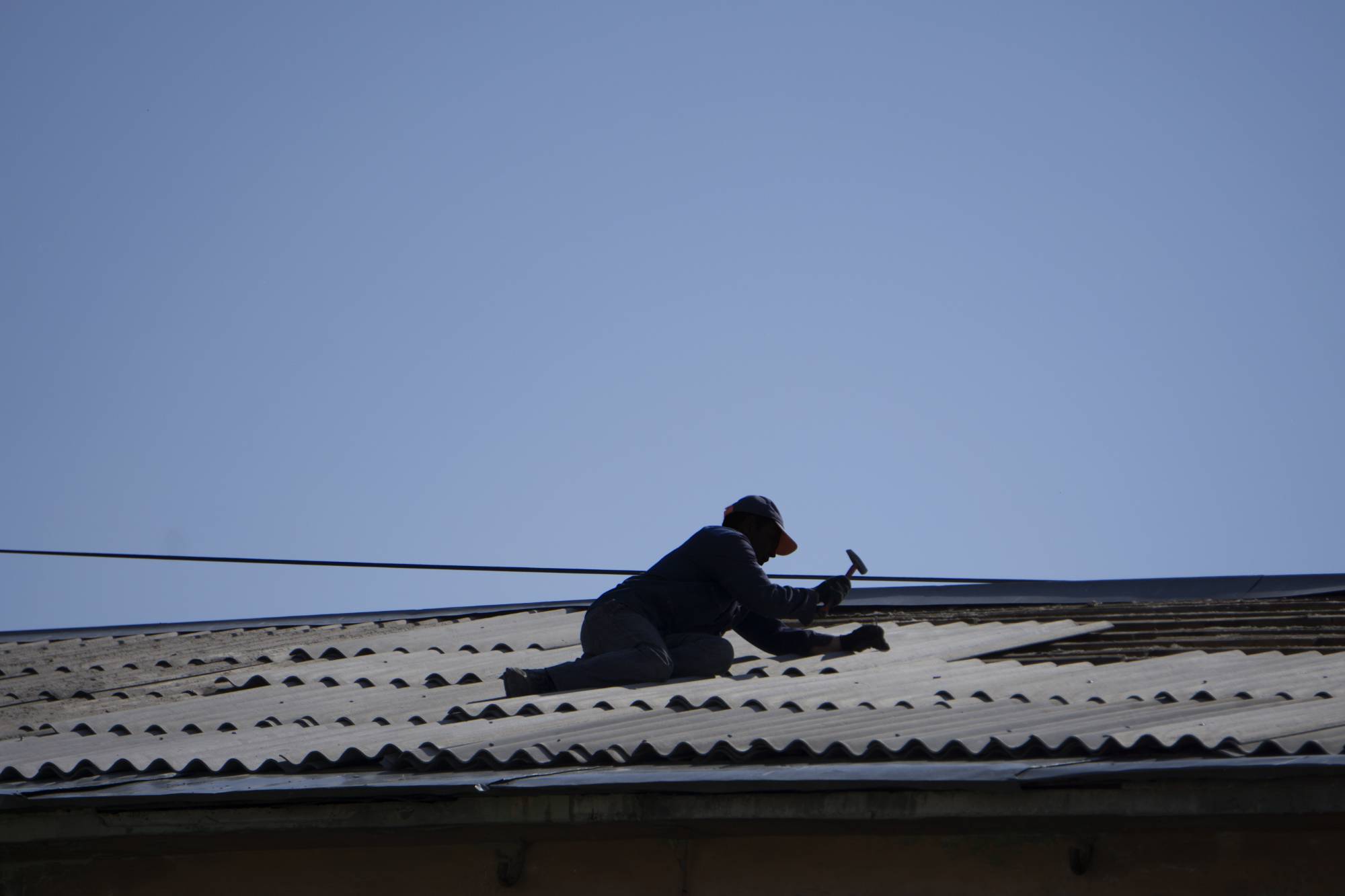Fast, reliable chimney leak repair that protects your home and saves you money on costly emergency fixes.

Hear from Our Customers

When your chimney stops leaking, you stop worrying about water stains on your walls and ceilings. No more musty odors creeping through your house. No more wondering if that small drip will turn into thousands in structural damage.
You get peace of mind knowing your biggest investment is protected. Your family breathes easier without moisture-related air quality issues. Your heating system works safely without water compromising the flue or damper systems.
The right repair means you’re not calling for emergency service during the next heavy rain. You’re not dealing with insurance claims for water damage. You’re not replacing drywall or dealing with mold remediation because a small problem became a big one.
Above and Beyond Chimney has been solving leak problems for homeowners throughout Norfolk and Plymouth Counties for years. We understand how coastal moisture and Massachusetts freeze-thaw cycles attack your chimney differently than other parts of the country.
Our technicians know the specific challenges North Dighton homes face. We’ve seen how winter weather here causes flashing to fail and crowns to crack. We know which materials hold up to our climate and which ones don’t.
We’re the company neighbors recommend because we do the work right the first time. No surprises, no unnecessary upselling, just honest assessments and quality repairs that last.

First, we inspect your entire chimney system to find the real source of the leak. Many companies guess or only look at obvious spots, but water can travel before it shows up inside your house. We check the crown, cap, flashing, and masonry to pinpoint exactly where water is getting in.
Next, we explain what we found in plain language. You’ll know what needs immediate attention, what can wait, and what each repair involves. No technical jargon, no pressure tactics, just clear information so you can make the right decision for your home and budget.
Then we fix it using materials designed for New England weather. Our flashing work creates lasting seals. Our crown repairs use concrete mixes that resist cracking from freeze-thaw cycles. Everything we install is built to handle what Massachusetts throws at it.

Ready to get started?
Our chimney leak repair covers every common entry point where water infiltrates North Dighton homes. We repair and replace damaged flashing where your chimney meets the roof – the most common leak source. We fix cracked chimney crowns with materials that won’t fail during our harsh winters.
Missing or damaged chimney caps get replaced with properly fitted covers that keep rain, snow, and animals out while allowing proper ventilation. We address deteriorated mortar joints and spalled bricks that let moisture penetrate your chimney’s structure.
For Bristol County homes, we also provide comprehensive waterproofing services. This vapor-permeable treatment allows your chimney to breathe while blocking exterior water infiltration. It’s particularly effective for the brick chimneys common in this area, extending their lifespan significantly while preventing the freeze-thaw damage that destroys untreated masonry.
